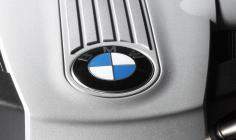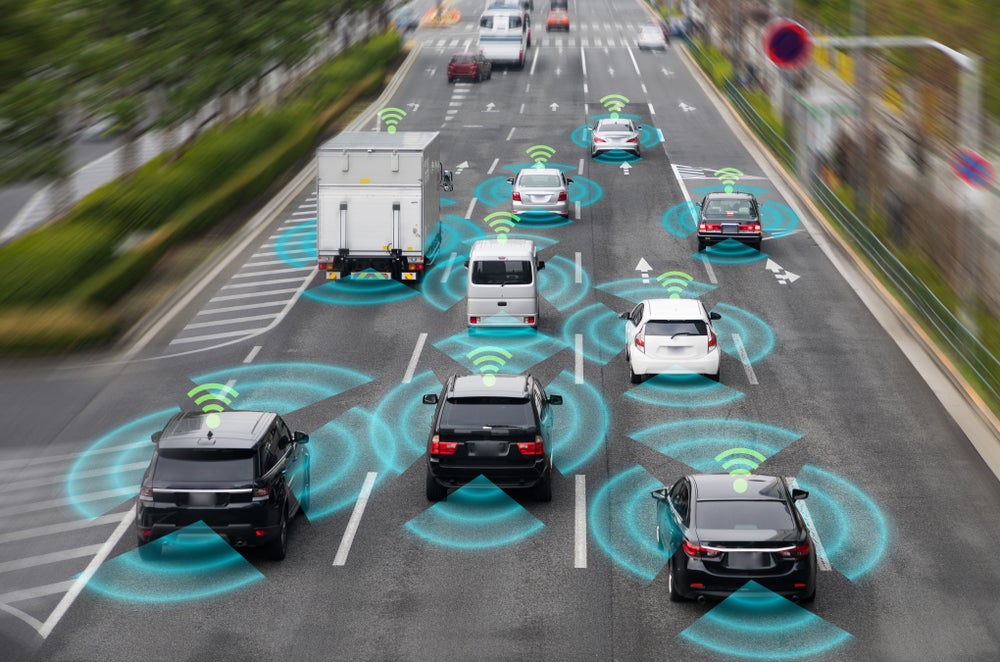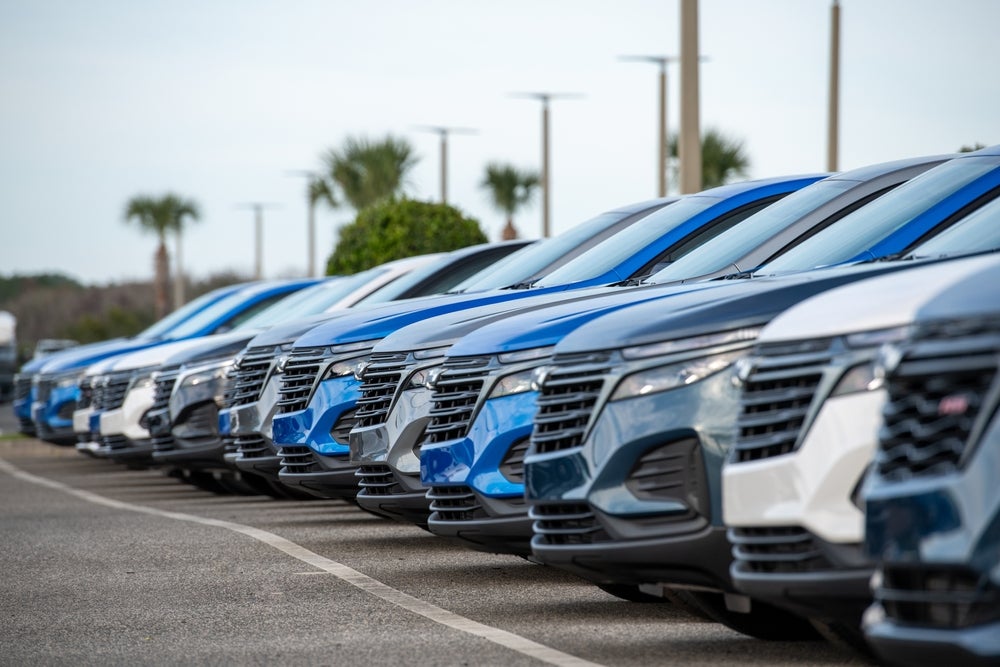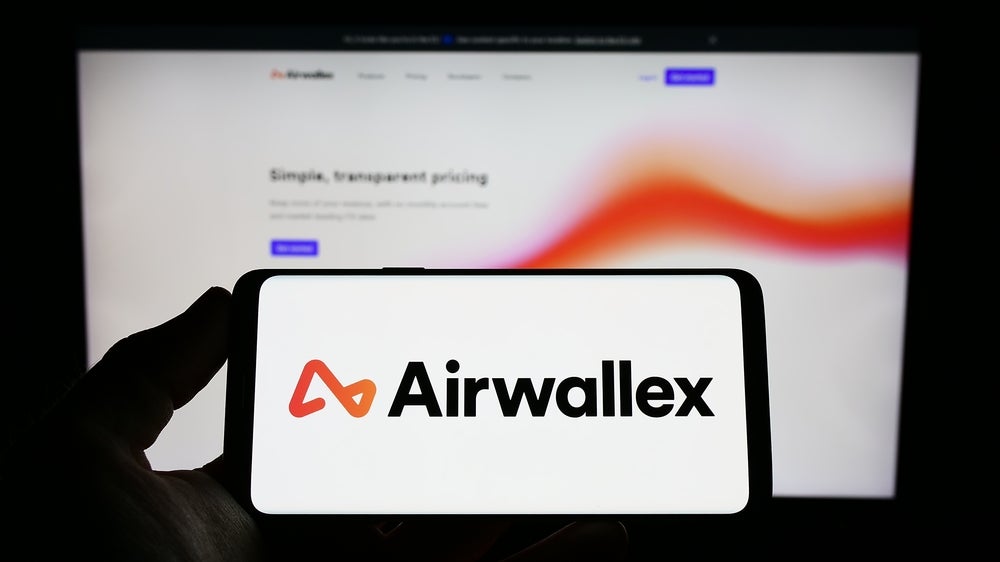
As with most of the industry, BMW has had a good 2014 in the UK. According to figures released by The Society of Motor Manufacturers and Traders (SMMT) 136,433 BMWs were sold in the UK in the year to November, up 9.93% compared to the number sold in the same period in 2013. This was slightly faster than overall market growth, and as such the brand increased its market share in this period from 5.88% to 5.91%. BMW sales also grew internationally, up 9% globally, to 1,633,722 over the same period.
Unsurprisingly, then, Spencer Halil, general manager of group brands BMW Group FS, tells Motor Finance that 2014 has been a "really good year" for the manufacturer’s captive finance house.
As with most of the motor finance industry, he says the past year has broadly been spent focusing on regulation. According to Spencer, the business had "some inherent momentum" by virtue of already being an established brand, with an established finance house, which gave it the ability to focus very heavily on areas such as regulation while still delivering strong results.
Penetration rates still fell slightly over the year he says, down from around 80% to the high-70s, but this was down to having a lot of new vehicle products, as opposed to taking their eye off the ball in terms of finance sales: "When you have new product launches, you always have a little bit more cash come into the market where people have saved up with the expectation of the new car, or have reached the end of that finance contract and have held off for that next purchase."
The inherent momentum Halil speaks of has also allowed BMW to spend over two years developing what it describes as its new business plan.
Detailing the development of the plan, Halil says: "It was something that came about in the fourth quarter of 2012 when we got together with our car company colleagues and there was discussion about thefact that customers had different expectations, compared to those they had previously. And those expectations were along the lines of greater transparency, greater ease of use, and much more access. So products that were suited to their needs rather than suiting us to sell."
One example of this was when customers were looking to buy cars: "Our dealerships were open at fairly conventional hours – not much longer than 9-5. But when we look at our website traffic, we can see a hell of a lot of it happens after dinner and in the evenings. So if a customer wanted to engage with that to progress a sale, they would probably find that very difficult. So there was a lot of that type of discussion.
How well do you really know your competitors?
Access the most comprehensive Company Profiles on the market, powered by GlobalData. Save hours of research. Gain competitive edge.

Thank you!
Your download email will arrive shortly
Not ready to buy yet? Download a free sample
We are confident about the unique quality of our Company Profiles. However, we want you to make the most beneficial decision for your business, so we offer a free sample that you can download by submitting the below form
By GlobalData"Things that have come out of it include an increased movement towards 24-7 opening. We have live chat on all of our websites, almost 24-7. We have extended opening. We have a concept called modern retailing, which defines what we want our customers’ experience of our uniformity to be, right down to the uniforms, without taking away people’s individuality."
This theory of uniformity will be employed across BMW’s 53 business units, made up of 300 BMW/Mini dealers. Each of these business units had an individually negotiated package, meaning customers from one dealer could receive a different finance proposition from a different dealer.
To combat this, BMW FS has capped APR at 10.9% for used cars, which Halil says he thinks is "fair".
"The dealers can discount, but it may be the case the dealers are more interested in getting a stronger part exchange value so they don’t look for their discount in their rate; they look for it in their part exchange value instead.
As a result, the dealer has the flexibility to negotiate with the customer around a much narrower bandwidth or parameters to suit their needs."
KPIs
One of the key changes will be the way bonuses are paid out to dealers. Now a set of key performance indicators (KPIs) will be used to remunerate dealers, based around customer satisfaction outcome, as opposed to volume or rate-based indicators. The new KPIs are: customer retention, used car penetration, customer satisfaction (based on feedback) and retailer investment.
Overall initial dealer reactions to the new structure have been broadly positive. For some this is because the dealership prefers what Halil terms ‘a customer-focused strategy’, while others see the change as being more compliant with upcoming Financial Conduct Authority (FCA) regulation.
While a few dealers are worried the cap on rates will cause a reduction in the amount they will be able to charge, Halil is confident presenting a more attractive proposition to customers will increase penetration of finance for used cars to balance this out.
He says: "We run about 45% penetration [for used cars], which is pretty good, and around the industry norm for a proactive finance company. But there’s no reason why it shouldn’t be significantly more because there’s a need for lending in that space. It probably could be around the same level as new, because our used cars aren’t that much cheaper than new. So there’s probably 20-25% more penetration to get there.
"And we think with a more transparent, more easily understood message, with far less sales pitch and negotiation, we think customers are going to be more comfortable and more confident to buy."
While Halil is confident of the resulting penetration increase, he claims the restructuring wasn’t done in order to increase profits, at least in the short term. He says: "We’ve done some quite detailed modelling. Projections of volume can only be a forecast, but we do include within that modelling some expectations for penetration to increase.
"But to be honest, it’s not really been about our business being more profitable. So I haven’t been challenged to demonstrate that this will improve our returns. The objective I’ve been given by the board was to deliver a better solution for our customers."
Electric Cars
2014 also saw BMW heavily invest in the alternative fuel vehicle space, with the i3 and i5 beginning to gain some traction, and according to Hilal demand for these vehicles has been very strong for both products.
For the i3, the most popular financial tool has been PCP, despite BMW FS previously thinking leasing would be the most popular option.
Halil said: "We’d launched a personal contract hire product, with a 30-day return clause because contract hire can be quite expensive to settle out of early, and we wanted to make sure those who wanted to lease the product, so they didn’t have the anxiety of owning a three-year-old electric vehicle, could choose personal contract hire, but in case they had buyer’s remorse they could get out of it.
"But the take-up of that has been very low. It seems clear customers don’t have that anxiety, and they’re quite willing to engage with conventional products like [BMW’s PCP programme] Select."
Although it’s too early to tell what the final mileage counts will be for these cars once finance arrangements begin to end, the mileage chosen by customers in finance agreements has tended to be lower than those of combustion cars, which is what many would expect.
As things stand, BMW FS is seeing a penetration rate of approximately 40% for new electric cars, substantially below the rate for conventional, combustion cars where the rates can break 80%.
This was something of a surprise to BMW FS. Halil says: "We thought we would fund nearly all of them, because if you’re in
any way unsure about the future value,
why would you not take a contract hire agreement, because then you can just hand it back. Or if you’re worried about the fact contract ties you in a little bit, a Select agreement."
According to Halil, there are three main reasons for this. One is that the people buying electric cars tend to be financial secure, with these cars being second or third cars for extra trips and runaround, as opposed to the owner’s sole car.
The second is the relatively young age of the i3 and i5. Those buying these cars are often early adopters who, he says, will have waited for these cars and saved cash in order to pay for them.
A final reason he suggests is "because demand is far outstripping supply. We’re not supporting the finance product in the way we do a new car finance product. There are cars that have been funded, but they’re being funded elsewhere as well. So we’re not capturing all the market."
As such, Halil expects the rate of penetration to increase as the cash-rich early adopter customer base gives way to a more conventional customer base, and supply begins to catch up with the demand.
In order for electric car sales to reach similar numbers to conventional cars, a number of challenges remain.
For Halil, the biggest challenge so far has been ensuring the sale of finance products on electric cars is as integrated into the sales process as it is on combustion engine cars. He says: "The way we go to market on electric cars is slightly different. We have specialists who are very aware of the features and benefits of this unique vehicle. And I’ve needed to make sure the offer and sale of finance is as integrated into that process as with conventional cars."
A second challenge, one which, to an extent, is out of BMW FS’s control, is the infrastructure necessary to support electric cars, such as the spread of charging points.
While improving this will probably require increasing government initiatives and cooperation from a number of large companies, there are things car manufacturers are able to do to help alleviate the problem. For example, BMW has developed an app to support customers. This app shows them what charge level their car is at, and where the nearest charging point is, even showing if the charging point is being used at that specific time.
In addition, Halil has found those who do buy electric cars tend to do their research before making the purchase: "It’s not an impulse buy. They know their local charging points; they know whether their route to work would allow them to charge if necessary, and they know whether, where appropriate their client has a charging facility near them, and things like that."
The future
Looking ahead to 2015, BMW FS is looking to implement the new business model and let it settle down, and BMW is also planning to release a number of new vehicle products. "New cars and bikes always sell, and that means we should write more volume, which gives us the freedom and scope to develop product that can help open up new channels." Halil says.
Looking at the motor finance industry in general, he says: "2015 might be the year the regulator makes an impression. If it finds a reason to get involved with someone in our industry, and that then sends a bit of a signal, that might be significant; not that I’m wishing that on anyone.
"There are more consumer credit licences in our industry than there are in any other industry other than financial advisors. So you would imagine they would want to take a look at what we’re up to.
As well as that, we’re selling finance to provide a customer with a necessity, not a luxury, and it’s the second-largest expenditure most people will make."
One of the reasons Halil feels the FCA is yet to really go after motor finance companies in the same way it has payday lenders is that, in general, the industry is an honest one: "There aren’t examples of rogue traders, particularly in the new to nearly new market," he says. "Most lenders and dealers – I’d almost say all lenders and dealers – are doing a proper job now. The issue comes with the way we sell; it means sometimes different customers get different deals. And its whether or not you believe that to be fair."
BMW FS has put its flag in the ground in its belief that the amount of negotiation room dealers have should be reduced in order to offer customers the fairest possible choice. The question is now is whether others will follow suit.







